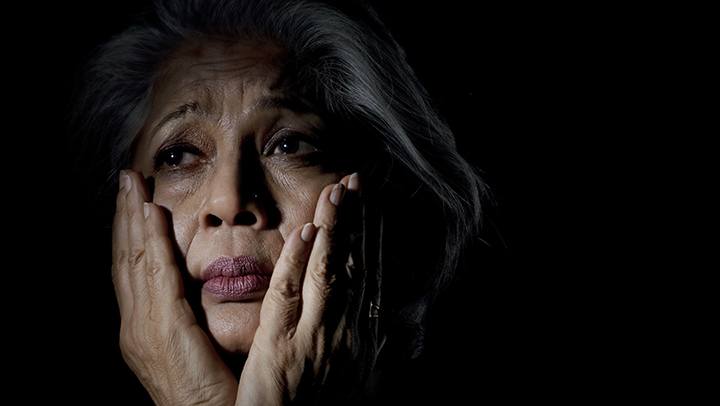On John’s 87th birthday, everyone told him to make a wish before blowing the candles out. John stated without hesitation, “I wish I wouldn’t feel so tired all the time!” Although John sleeps eight hours a day he never feels rested when he wakes. Why is this?
Sleep requirements change over life. Children and teens need more sleep than adults. The elderly require as much sleep as those in their late teens, 7-10 hours a night. So why do the elderly always feel so tired?
There are two types of sleep, non-rapid eye movement (NREM) and rapid eye movement (REM). NREM includes four stages ranging from light to deep sleep lasting about 90 minutes. At this stage, tissue repair and growth occur and energy is restored. Then we go into REM sleep, the rejuvenating dream stage. It is during REM sleep that we process, learn, consolidate emotions and memories, and deal with stress.
Unfortunately, many older adults never enter into the fourth stage of NREM and REM sleep. Their sleep gets trapped in a superficial light sleep due to many reasons. One of the main reasons why the elderly’s sleep is interrupted is urinary incontinence and frequency.
Many elderly complain of having to go to the bathroom 4-5 times a night. This practice becomes dangerous since the occurrence of falls increases due to disorientation from sleeping. It is proven that the majority of falls among the elderly occur when attempting to ambulate to the bathroom without assistance. This is why it’s so important that the elderly are reminded to call for help regardless of the time. Other reasons for sleep disturbances are chronic pain, side effects of medication, gastrointestinal distress, and caffeine.
The sleep-wake process in our brains works by balancing the amount of sleep a person needs based on the time and energy spent while awake. As the night and fatigue set in a hormone called melatonin is secreted and promotes sleep. When sleep is interrupted, melatonin does not have the opportunity to become as active as it could. This lack of sleep causes the immune system to breakdown, raises blood pressure and blood sugar, and lowers the body temperature. It also causes depression, irritability, confusion, attention and memory problems, and excessive daytime sleepiness thus causing a poorer quality of life.
Some suggestions to help the elderly get the healing sleep they need are:
- Stick to a regular bedtime schedule to keep your body in sync with wake/sleep cycles
- Exercise at regular times each day to improve the quality of sleep
- Be careful about what you eat and drink. Avoid spicy foods and caffeine beverages for dinner.
- Don’t drink alcohol or smoke very late since they both interfere with sleep
- Create a safe and comfortable place to sleep. Lamps should be easy to turn on and phones and call bells close by.
- A quiet, well-ventilated cool room will promote sleep.
- Develop a bedtime routine. Do the same things each night to tell your body it’s time to unwind. Some people brush their teeth, meditate, or read a book.
- Try not to drink too much water prior to going to bed to avoid being woken up several times to use the bathroom.
Like food and water, good sleep is essential to health and the quality of life. It prevents disease and promotes mental well-being.
If you’re not sleeping well or not feeling rested when you awake, it’s important to discuss it with your physician in order for a treatment plan to be put into place.


